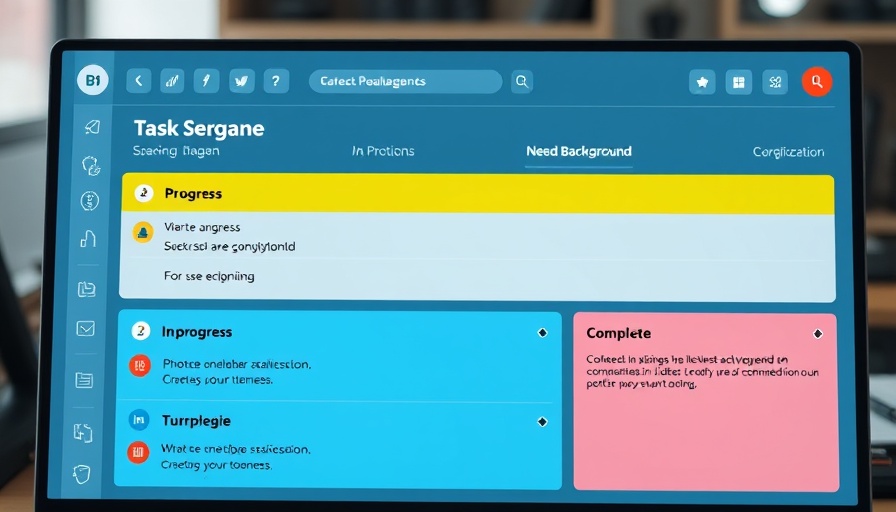
The Challenge of Customer Retention in a Successful Product
In the world of business, achieving product-market fit can be the golden ticket to success. Yet, for Amy Beckley, founder of Proov, her product's effectiveness posed an unexpected challenge: customer retention. As the creator of the first FDA-cleared at-home test for tracking fertility hormones, Beckley encountered a paradox where her product worked *too* well—customers often only engage for a couple of months before they no longer need her services.
Transforming Temporary Customers into Lifelong Relationships
During a recent episode of Entrepreneur Therapy with Dr. Drew Pinsky and Kim Perell, Beckley discussed how her product’s effectiveness resulted in a high churn rate among her customers. "Sometimes we get them pregnant too fast, which is great for helping people, but not so great for business," she pointed out. This unique dilemma propels founders like her to ponder how to enhance customer retention even when their products lead to rapid life changes.
Strategizing with Partnerships: A Fresh Vision
Dr. Drew suggests that Beckley extend the value she provides by exploring partnerships that could cater to her customers' evolving needs post-pregnancy. This could include tying in support that addresses ongoing issues such as perimenopausal concerns, perhaps through supplements or educational resources. Perell emphasizes a strategic approach, advising Beckley to focus on a few high-value partnerships rather than overwhelming herself with too many options. "Start low and go slow," she says, reinforcing the importance of measured growth.
Setting Boundaries as a CEO
Beckley also faces the personal challenge of establishing emotional boundaries as a founder. "When building my company, people said, 'If this fails, it’s because you’re too nice.'" Being empathetic is admirable, but it can cloud business decisions. Dr. Drew relates, admitting he shares this "disease to please"—a tendency to seek validation and approval from others. This often leads to compromises that could jeopardize their business missions.
Balancing Empathy with Leadership
The duo offers practical advice for overcoming this hurdle, recommending that Beckley reframe her decisions through the lens of what’s best for the company. Proposing to shift her mindset, Perell encourages, "Ask yourself if this is in the best interest of the company." If the answer is no, it often requires tough calls that may feel personal but remain professional.
Taking Action and Ownership in Your Role
There’s a powerful tactic Perell suggests for easing the discomfort of saying no—"Blame the board." This approach alleviates the personal burden during tough conversations, allowing Beckley to communicate decisions through an alternative perspective that prioritizes overall company health.
Investing in Lifelong Customers
By taking these steps, Beckley aims to enhance her customer retention rates while navigating her role with empathy and strategic insight. As she concluded the session with Dr. Drew and Kim, it became evident that in the unpredictable journey of entrepreneurship, mixing compassion with shrewd business acumen could lead not only to survival, but to thriving success.
In a marketplace where similar products abound, differentiating oneself means understanding the full journey of your customers and evolving with them. Equipped with these insights and strategies, founders like Beckley can maintain long-term relationships that cultivate loyalty and repeated business.
 Add Row
Add Row  Add
Add 



Write A Comment